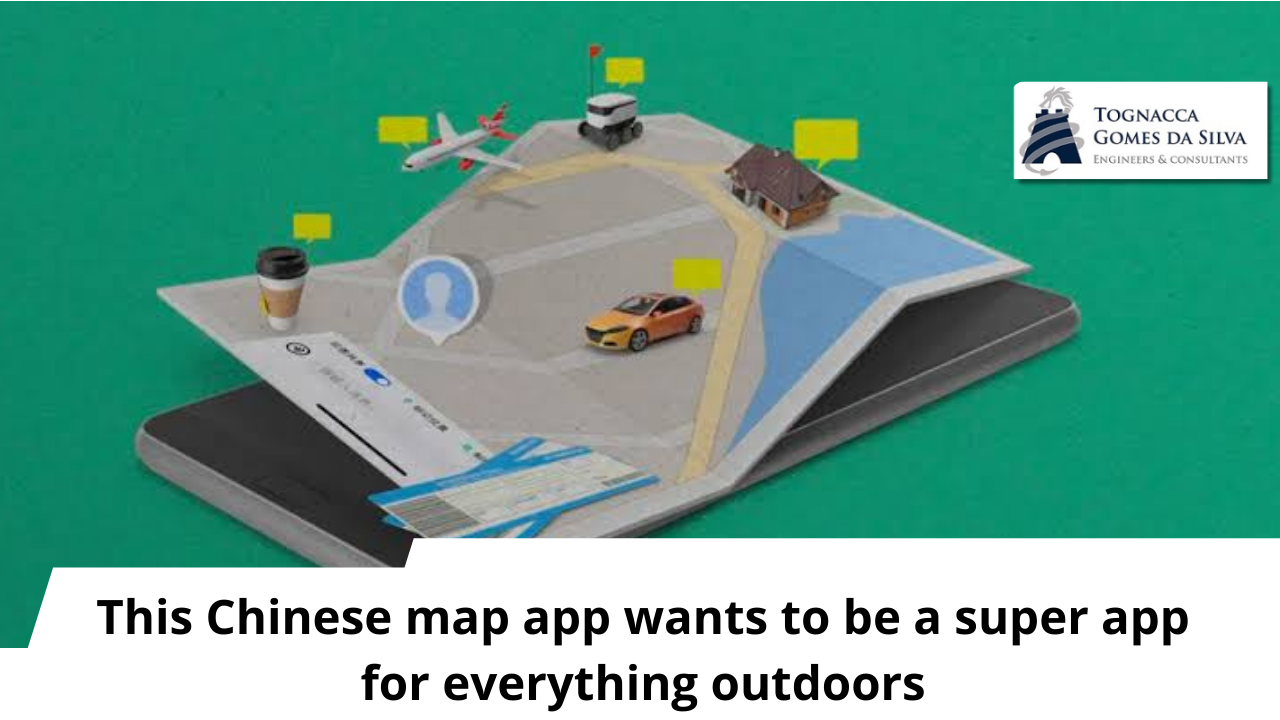This holiday season, when you get together with your family, may I suggest a fun game that reinvents hide and seek for the digital age?
When I was in Hong Kong a few weeks ago, I went to a park with dozens of strangers to play the “game of cat and mouse,” which combines ancient hide-and-seek with modern technology. Instead of trying to guess where everyone was, we shared live locations with the group and monitored each other’s paths as the “cats” and “rats” tried to capture or avoid each other. A popular invention of the Chinese Internet, the game went viral sometime earlier this year and now attracts thousands of people every week.
Despite not being a sporty person, I really enjoyed the two cat and mouse games I participated in. The way they combined digital experiences and real-life interactions felt natural and refreshing.
They’ve also changed the way I view map apps. Even though I’ve had Google Maps and Apple Maps on my phone forever, I’ve never thought of them as anything more than trip planning tools; I certainly never thought of them as gaming apps or ways to bring people together in real life.
I’m not alone. Before one of the games started, the organizer was explaining the rules and technical setup, which requires people to join a group on Amap to share locations.
“Are there groups on Amap now?” asked a participant.
“Every app has a group function these days,” replied another.
It was just a joke, but it also perfectly captured a strange feature, or perhaps a problem, of the Chinese app ecosystem: every app is trying to be something it’s not.
Amap, for example, is one of the most used maps and navigation applications in China today. But when I open it on my phone, I see more than 30 functions that are not found in Western equivalent apps.
Some of them still feel like an integral part of the maps experience, like recording the last time you filled up your car with gas, requesting roadside assistance, or comparing prices for ride-sharing services. Others are far removed: the app lets me check car purchase prices and contact a dealership, set exercise goals and track my progress, and even — to my surprise — check real estate listings. Last week, Amap quietly added a new feature to its portfolio: you can hire a courier to run errands like delivering a gift across town.
Although Amap has nothing to do with developing the cat and mouse game, it has tried to develop games in the past. And now the company is riding the wave of popularity of cat and mouse, adding new features to make the map more convenient for organizing a game; it also allows users to browse the games that are being organized across the country each week.
For me, all of this contributes to Amap’s goal of becoming an aggregator of local information and services. And it certainly seems like Amap wants to be your go-to app whenever you need a service outside the home. In fact, in 2019, the company stated that it was moving from a navigation app to a “national platform for sightseeing.”
What’s happening with Amap is a good example of how Chinese apps have always been obsessed with becoming super apps. Wallet apps want to become social networks; social networks want to be providers of personal loans; and food delivery apps are showing TikTok videos and live streams. Maps apps are poised for these ambitions: almost every phone has a maps app installed, and the scale of traffic that any such app receives every day is invaluable in driving users to more and more services offered by the developer, in this case, Alibaba.
Maybe it’s the quest for infinite scaling that is Silicon Valley’s original sin, or maybe it’s because there are successful examples in Asia, especially WeChat and Alipay, for everyone to draw inspiration from. The app ecosystem in China is often driven by this monopolistic notion that every app, regardless of its niche, can and should become a platform for other, loosely related services. The result is that every application becomes a dense pile of trivial functions, most of which end up just being a waste of storage space. Sometimes they even distract or prevent users from doing what they originally intended to do with the app.
The super app dream is not exclusive to China; Elon Musk is reportedly still working on turning X into the all-in-one app for the West. But Chinese technology companies are already much further along. Unfortunately, their success has also revealed the risks that come with the super app, such as the tight control they can have over freedom of expression
That said, viral trends come and go. While I enjoyed the games I played, I’m sure cat and mouse’s popularity will wane after a while. I mean, how many people are still playing Pokémon Go? But the trend serves as a good example of how a maps app can actually be useful for something completely different from its initial purpose.
Is this enough for Amap to truly become the next super app? I don’t think so. I’d still rather get my apartment listings and step counts elsewhere — sorry.
( source: MIT Technology Review )



